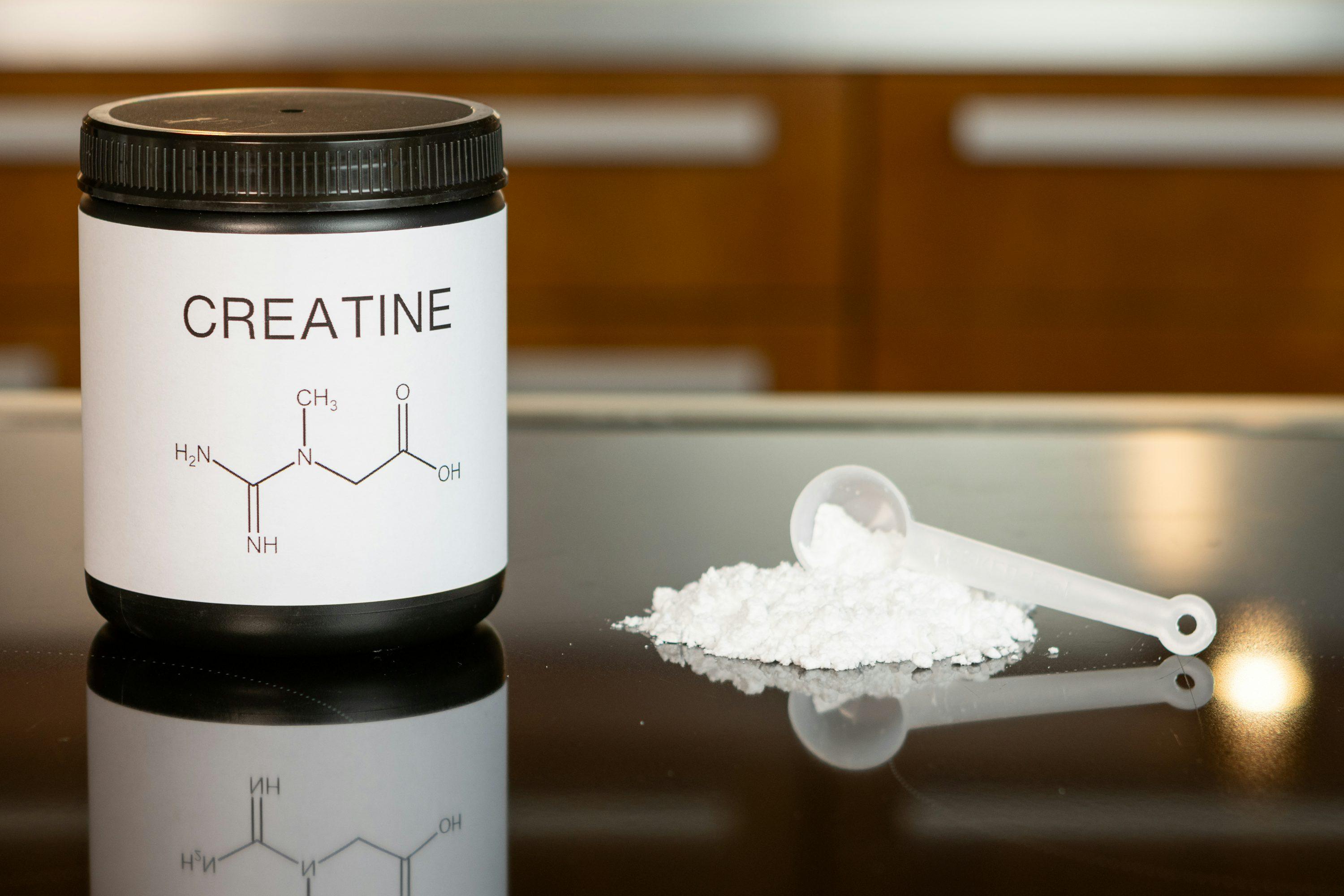Strength, Recovery, or Both? Navigating Creatine and Protein Powder for Women

When it comes to supplements, creatine and protein powder are two of the most popular choices. Both are proven to support performance and recovery, but in different ways. For women in particular, understanding their unique benefits can help tailor supplementation to personal fitness goals. Rather than asking "Which is better?" the more helpful question is: "Which one aligns better with what I'm trying to achieve?"
How Each Supplement Works?
Creatine: Fuel for Performance
Creatine is a naturally occurring compound stored in muscles, where it helps rapidly regenerate ATP — the body's primary energy currency. This makes it especially effective for high-intensity, short-burst activities, such as lifting heavy weights, sprinting, or interval training. Many women notice improvements in strength, workout endurance, and even muscle fullness when supplementing with creatine.
Protein Powder: Building Blocks for Growth
Protein powder is a concentrated source of amino acids — the raw materials your body uses to repair and build muscle, create hormones and enzymes, and recover from training. While whole food sources, such as chicken, eggs, beans, and tofu, are ideal, protein powder provides a convenient way to bridge the gap when dietary intake falls short.
Goals and When to Prioritize Each?
When Creatine Takes the Lead?
- Strength and power are top priorities.
- You're training in explosive sports (CrossFit, sprinting, heavy lifting).
- You've reached a plateau and need extra support to increase intensity.
When Protein Powder Shines?
- You struggle to meet daily protein needs from food alone.
- Recovery is lagging, and soreness lingers.
- Your primary goal is to build or maintain lean muscle.
Synergy: The Best of Both Worlds
The truth is, creatine and protein powder work even better together. Creatine allows you to train harder and squeeze out more reps, while protein powder ensures your body has the materials to repair and grow from those sessions. For many women, combining the two is the most efficient approach to maximizing performance and recovery.
Evidence and Research Insights
Research consistently shows that both creatine and protein supplementation improve muscle strength and size when paired with resistance training. Some studies suggest that using both together does not always lead to additive results, but the complementary roles remain clear.
For women, emerging evidence suggests that creatine may be particularly effective due to naturally lower baseline levels. At the same time, protein intake remains essential for maintaining muscle and metabolic health across all ages.
Expert Guidance & Practical Recommendations
Sports nutritionists often emphasize that neither creatine nor protein powder is strictly necessary if your diet and training are on point. That said, both can be powerful tools:
- Creatine: safe, affordable, and highly effective for performance — worth considering for almost anyone who trains hard.
- Protein powder: best used to fill nutritional gaps, especially for women with busy schedules or higher protein demands.
Considerations and Usage Tips
Dosing Guidelines
- Creatine: 3–5 g per day, ideally taken consistently. Some prefer a 5–7 day loading phase (20 g/day split into smaller doses), though it's optional.
- Protein Powder: ~20–25 g per serving post-workout, with daily totals tailored to body weight (generally 1.6–2.2 g per kilogram of body weight).
Safety Notes
- Creatine: well-researched and generally safe, though some people may experience mild bloating if doses are too high at once.
- Protein: safe for most, but very high intakes may be problematic for individuals with kidney issues — consultation with a healthcare provider is wise.
Real-World Applications & Trends
Many athletes, fitness coaches, and even medical professionals recommend combining creatine and protein powder to support women's strength and recovery goals. This is especially relevant as women age, since muscle preservation becomes crucial for bone health, metabolism, and overall quality of life.
For women in perimenopause or menopause, research is pointing toward creatine and protein as a dynamic duo — supporting not only muscle health but also cognitive resilience.
Conclusion
There is no one-size-fits-all answer to the creatine vs. protein debate. Instead, the right choice depends on your goals:
- Choose creatine if you want to maximize strength, power, and training performance.
- Choose protein powder if your focus is recovery, muscle growth, and meeting nutritional needs.
- Or, consider using both for a balanced, synergistic approach.
The best supplement is the one that aligns with your body, your lifestyle, and your goals.
- Art
- Causes
- Crafts
- Dance
- Drinks
- Film
- Fitness
- Food
- Games
- Gardening
- Health
- Home
- Literature
- Music
- Networking
- Other
- Party
- Religion
- Shopping
- Sports
- Theater
- Wellness
- IT, Cloud, Software and Technology


